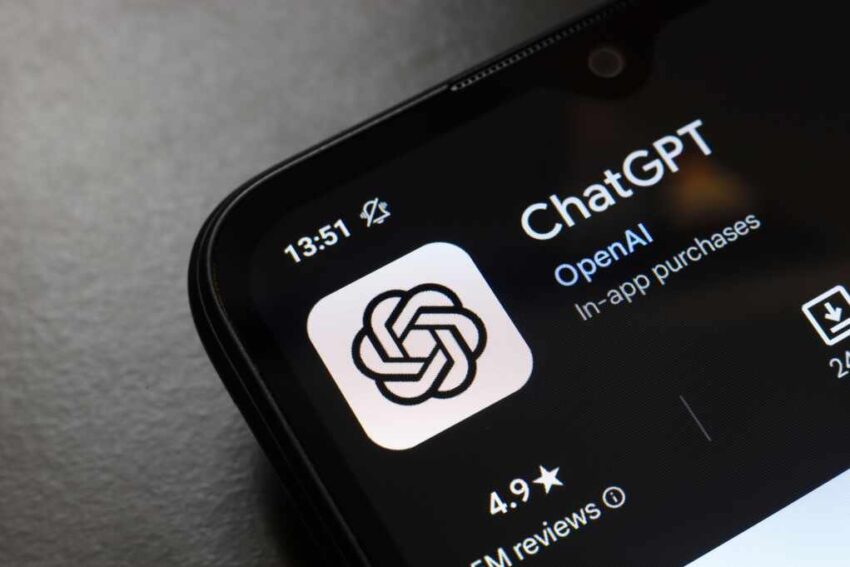Is AI trampling over the sanctity of human creativity, or is it merely reflecting our own linguistic quirks back at us?
Story Overview
- AI models like ChatGPT are trained on vast datasets of human text, raising ethical concerns.
- There’s a growing debate over copyright, data privacy, and the influence of AI on writing styles.
- OpenAI’s ChatGPT-4 is under scrutiny for its data sources and privacy practices.
- Custom AI models allow for fine-tuning, increasing privacy risks and security challenges.
How AI Training Impacts Human Creativity
OpenAI’s ChatGPT models, such as the recent ChatGPT-4, are built on datasets that include a vast array of internet text, from Wikipedia to Reddit posts. While this enables AI to produce human-like text, it raises significant ethical questions. The AI’s training process involves absorbing and replicating the linguistic patterns found in these texts, including the use of punctuation like the em dash—something many writers have noted in AI outputs. But here’s the kicker: does this mean our AI overlords are now dictating how we write? That’s a question worth asking.
Just Because AI Uses The Em Dash Doesn’t Mean Real Writers Should Stophttps://t.co/BCEwGD99pf
— The Federalist (@FDRLST) July 31, 2025
These AI models are not just parrots repeating what they’ve read. They’re sponges soaking up the structure and style of the content they digest. This has led to concerns about a feedback loop where AI-generated content influences human writing, potentially homogenizing language and style. The implications are profound for writers and creatives who fear their unique voices might be drowned out by AI’s regurgitations.
The Ethical Quagmire of AI Training Data
Privacy and copyright issues are front and center in the debate over AI training practices. OpenAI claims it carefully curates its data sources, excluding sensitive content and avoiding paywalled sites. However, the sheer scale of data used—ranging from books and websites to social media posts—makes it nearly impossible to guarantee that all data is appropriately sourced and verified. Critics argue that even unintentional inclusion of copyrighted or personal data represents a breach of trust and an erosion of privacy rights.
Furthermore, the rise of custom GPTs, where users can fine-tune models with their own data, introduces new layers of complexity. While this allows for more tailored AI applications, it also heightens the risk of private information being inadvertently exposed or misused. Regulators are scrambling to keep up, but the legal framework governing these technologies is still playing catch-up with the rapid pace of AI development.
The Regulatory Landscape and Future Challenges
The regulatory arena surrounding AI is heating up. Governments and regulatory bodies worldwide are grappling with how to oversee AI developments without stifling innovation. The U.S., EU, and other regions are all involved in ongoing debates over how to balance innovation with accountability. The focus is on ensuring transparency in data sourcing and providing protection against the misuse of personal and copyrighted material.
In the long term, these regulatory debates will shape the landscape of AI training practices and data governance. As AI becomes more intertwined with business, education, and media, the stakes are only getting higher. The potential for AI to reshape industries is immense, but so too are the risks if ethical considerations are sidelined in the rush to innovate.
Click this link for the original source of this article.
Author: Editor
This content is courtesy of, and owned and copyrighted by, https://conservativeamericatoday.com and its author. This content is made available by use of the public RSS feed offered by the host site and is used for educational purposes only. If you are the author or represent the host site and would like this content removed now and in the future, please contact USSANews.com using the email address in the Contact page found in the website menu.








